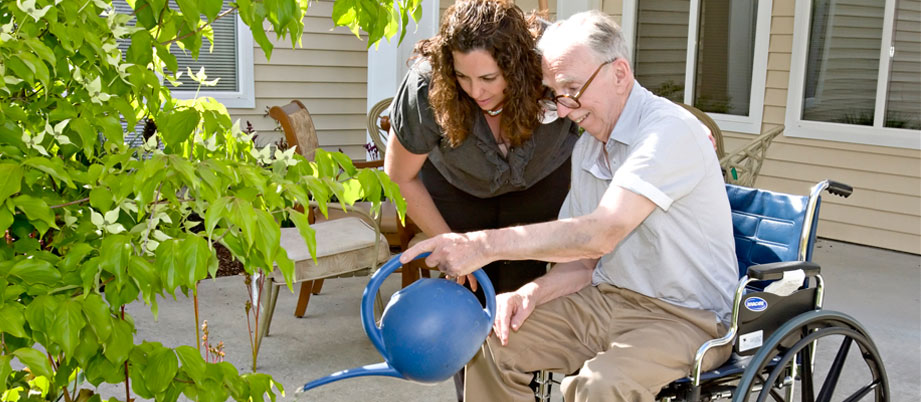Not long ago, our friends at The Atlantic published an article on aging in the current medical care climate. Appropriately entitled ‘The Hospital is No Place for the Elderly’, this damning expose on the American medical system discussed how and why the system is failing elderly and chronically ill patients. While the piece isn’t groundbreaking in some of the points it highlights, we thought it would be appropriate to discuss some of the main arguments from the article in the context of ‘Aging in Place’ philosophy.
Firstly, the article discusses the recent downswing in healthcare spending in the United States, suggesting that ‘structural changes’ were introduced into the system have offset the effects of the recession. Among those changes, a shift to home-based primary care (including that advanced by Aging in Place philosophy) has affected overall spending on elder care. At CareAge, we believe that the burden placed on the healthcare system for undesired care is something that can easily be offset by proper education and accessibility outfitting. That’s why we’ve always advocated for Aging in Place as the ideal scenario for people advancing into their later years without chronic or life-threatening illnesses.
The article also discusses cost of at-home care as ‘being problematic’, with the potential private cost far outweighing the inexpensive benefits of public healthcare. That’s why we at CareAge believe in working with you to provide accessibility solutions and benefits that are not only optimized for a home, but also for a budget. We don’t run on quotas, and we aren’t stuck to stingy public healthcare rules and regulations.

The best way to facilitate a senior’s Aging in Place wish is to tailor a plan to their individual needs. As The Atlantic article points out, a shift in thinking about home-based models of care will be difficult – physicians and the healthcare system are entrenched in their decades-old model of hospital care. Nurses and social workers will need to be seen as an equally invaluable source of care to the doctor. And accessibility solutions, and the education around them, will need to be readily available. But for something as important as elder care and comfort in aging, we need to do everything we can to find a model that is appropriate for everyone, while taking into account individual desires and goals.
Source: Rauch, Jonathan. ‘The Hospital is No Place for the Elderly’ from The Atlantic Dec. 2013 issue. Atlantic Media Company, 2013.



